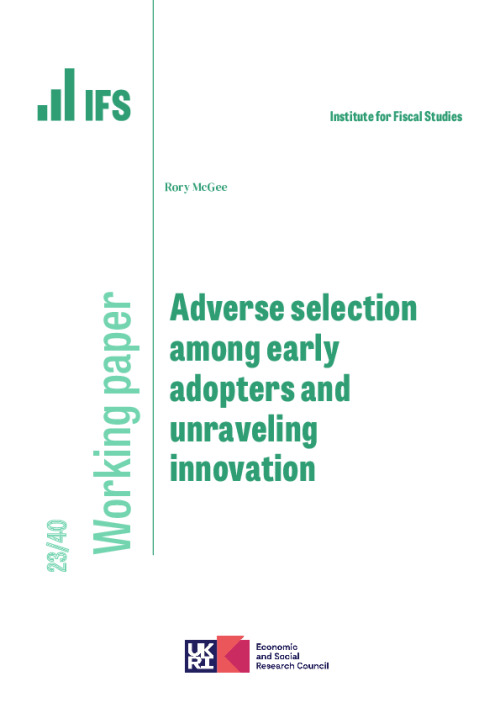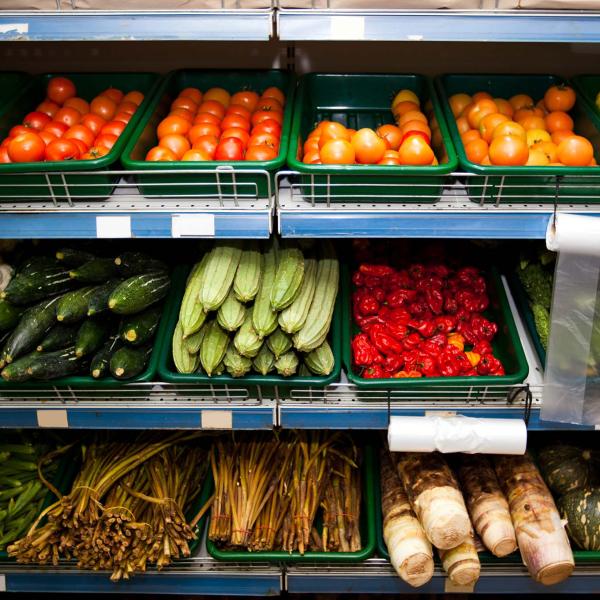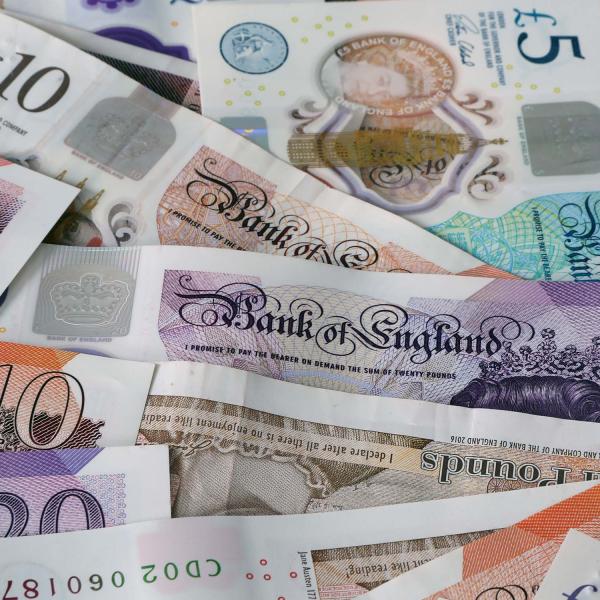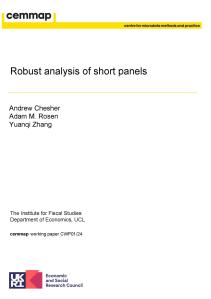Downloads

Download working paper here
PDF | 527.89 KB
I provide an equilibrium analysis of “selection markets”: where consumers not only vary in how much they are willing to pay, but also in how much they cost to the seller. The model provides a joint explanation for three empirical phenomena: low uptake of existing products, slow demand for new products, and market inactivity despite unmet demand. I characterize when early adopters are more adversely selected in new markets. This lowers demand, increases costs, and leads markets to unravel prematurely. With endogenous market entry for new products (e.g., reverse mortgages, annuities), extended patents serve as de facto time-varying subsidies.
Authors

Research Associate University of Western Ontario
Rory is a Research Associate at the IFS and an Assistant Professor in the Department of Economics at the University of Western Ontario.
Working Paper details
- DOI
- 10.1920/wp/ifs.2023.4023
- Publisher
- Institute for Fiscal Studies
Suggested citation
McGee, R. (2023). Adverse selection among early adopters and unraveling innovation. 23/40. London: Institute for Fiscal Studies. Available at: https://ifs.org.uk/publications/adverse-selection-among-early-adopters-and-unraveling-innovation (accessed: 27 April 2024).
More from IFS
Understand this issue

What's wrong with inflation?
10 May 2023

Transparency is key to maintaining trust in government. Let’s not cap it
12 September 2022

How should the government tax electric cars?
19 May 2022
Policy analysis

Tax and public finances: the fundamentals
23 August 2023

Poverty
13 July 2023

Living standards, poverty and inequality in the UK: 2023
13 July 2023
Academic research

Saving by buying ahead: stockpiling in response to lump-sum payments
2 February 2024

Understanding Society: minimising selection biases in data collection using mobile apps
2 February 2024

Robust analysis of short panels
8 January 2024